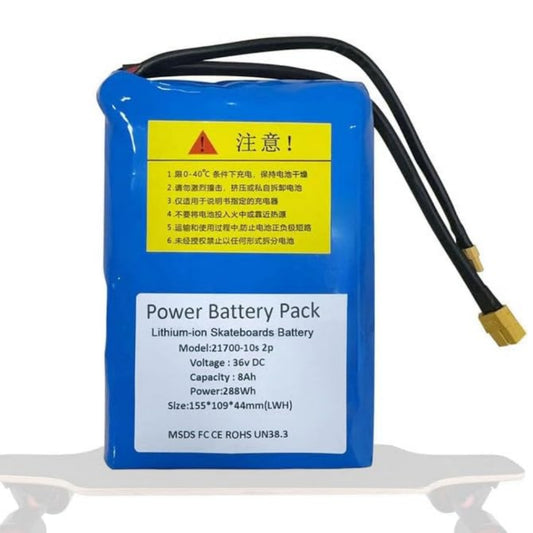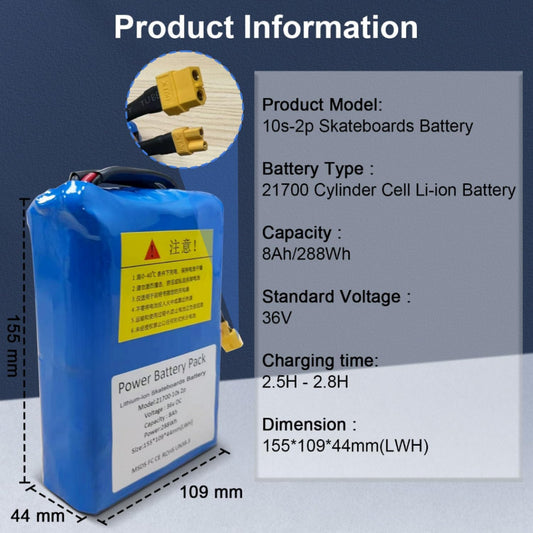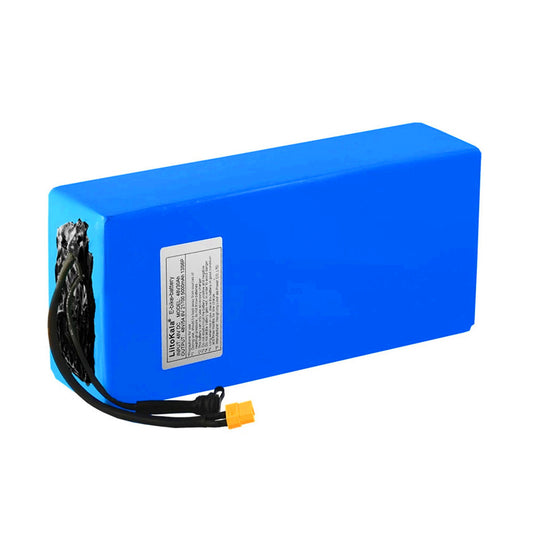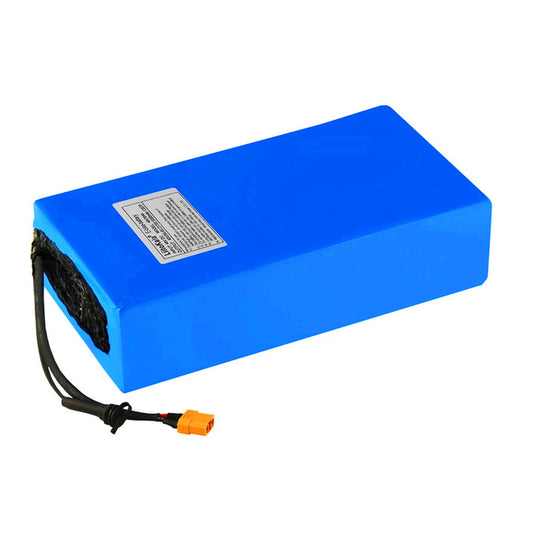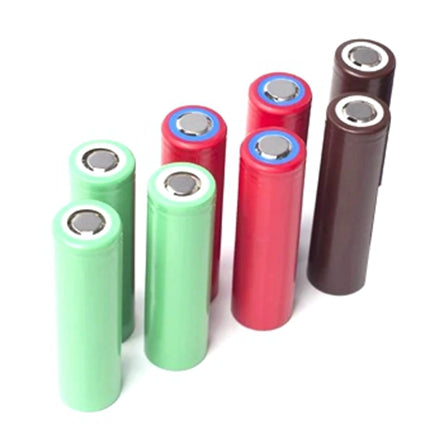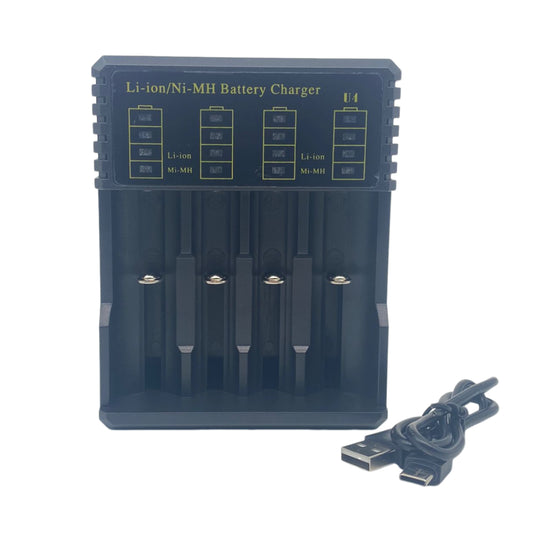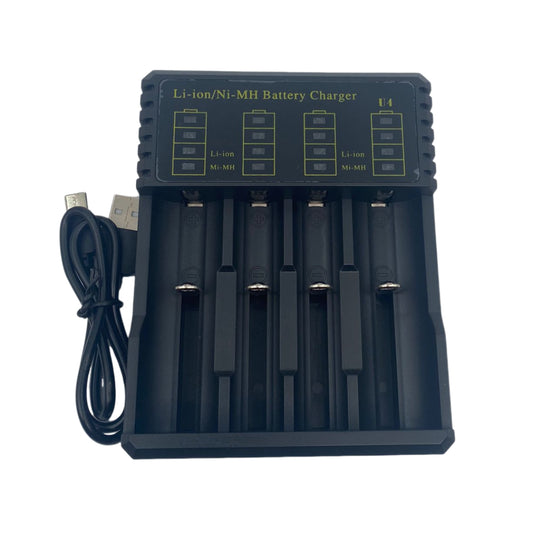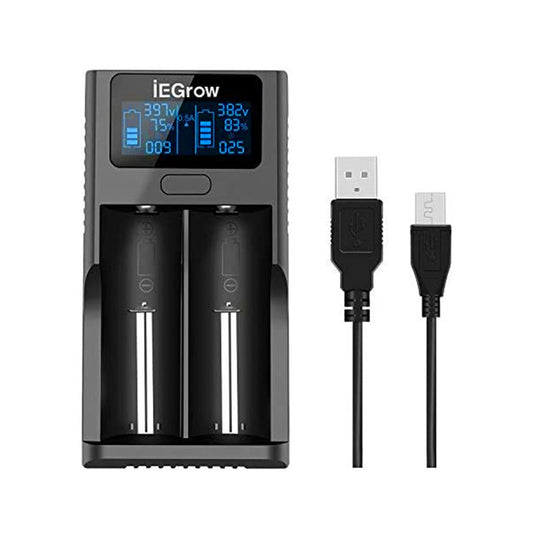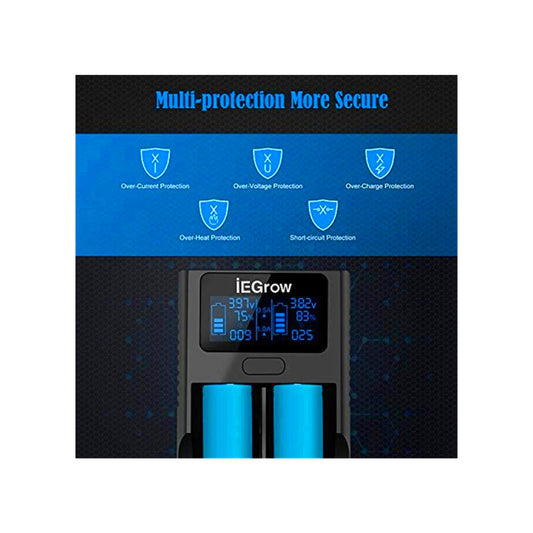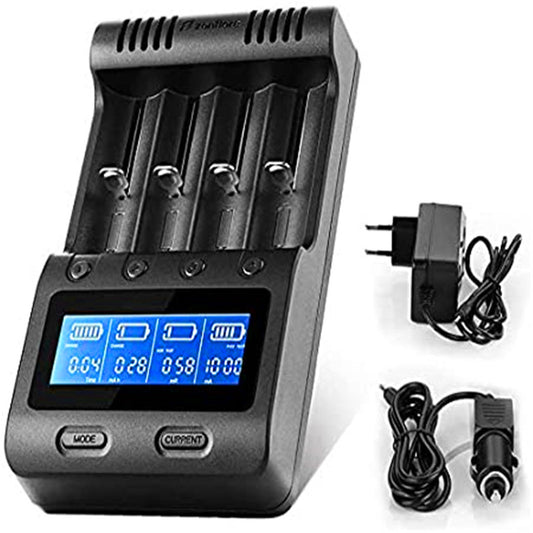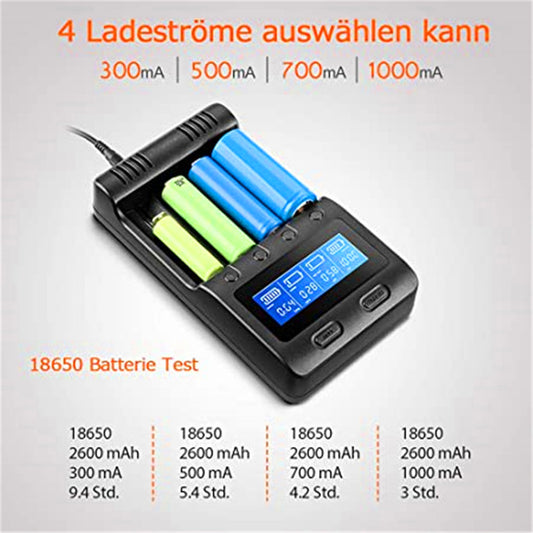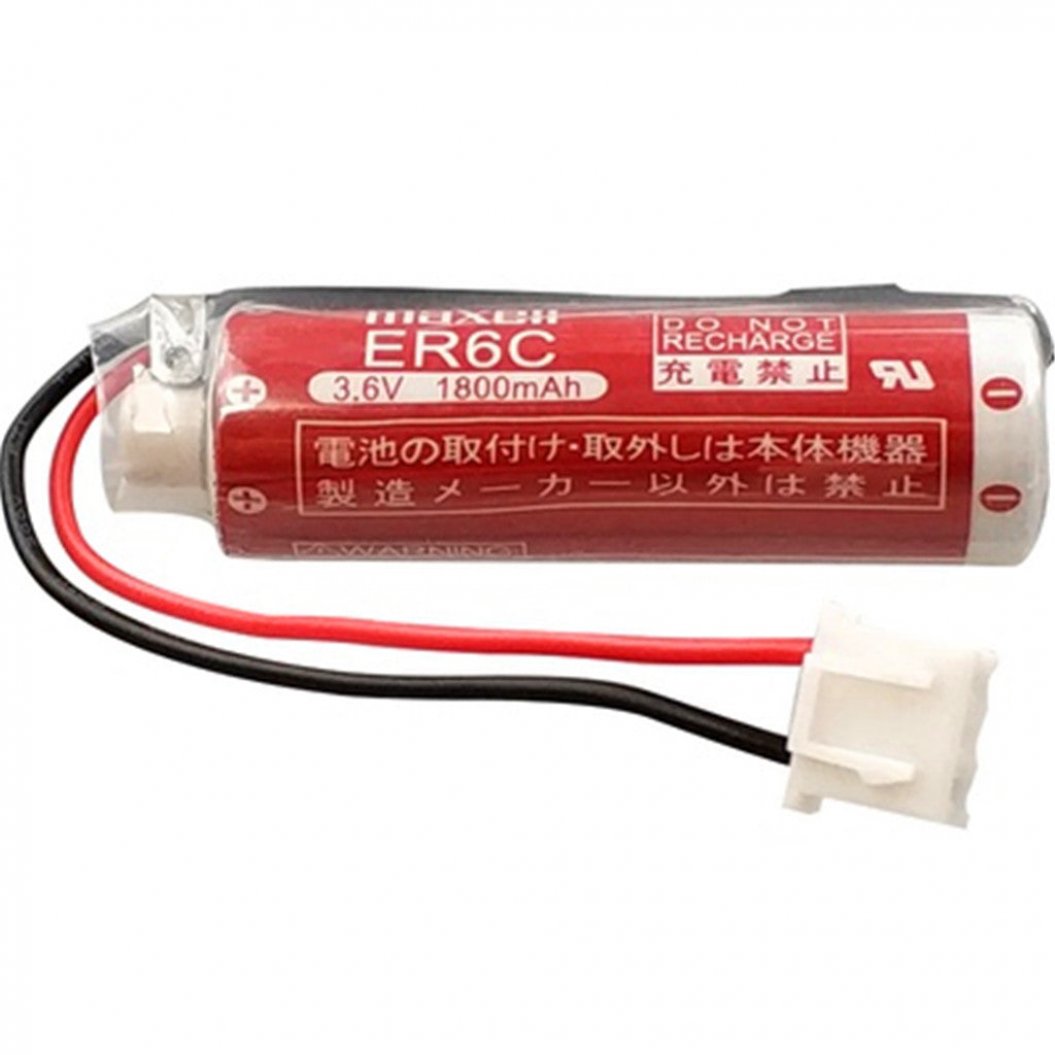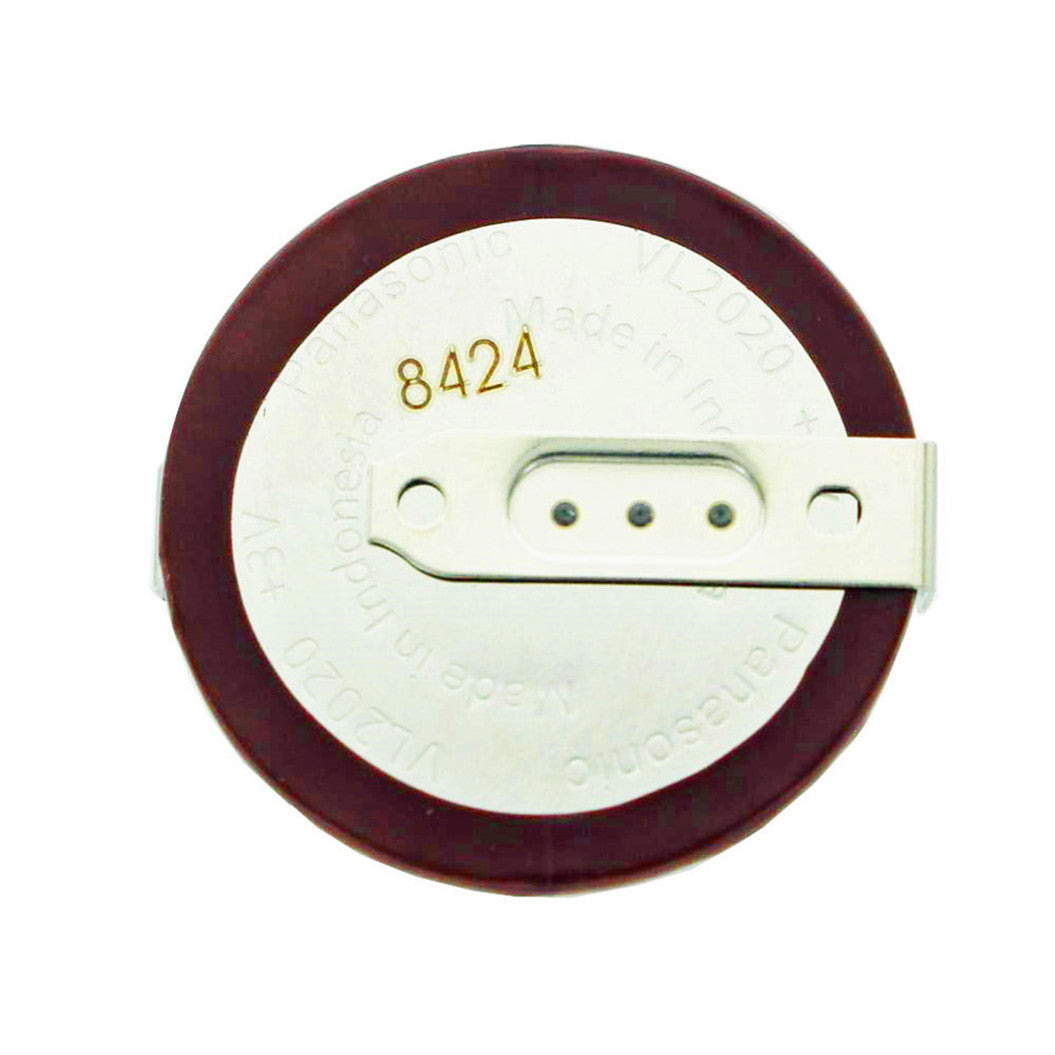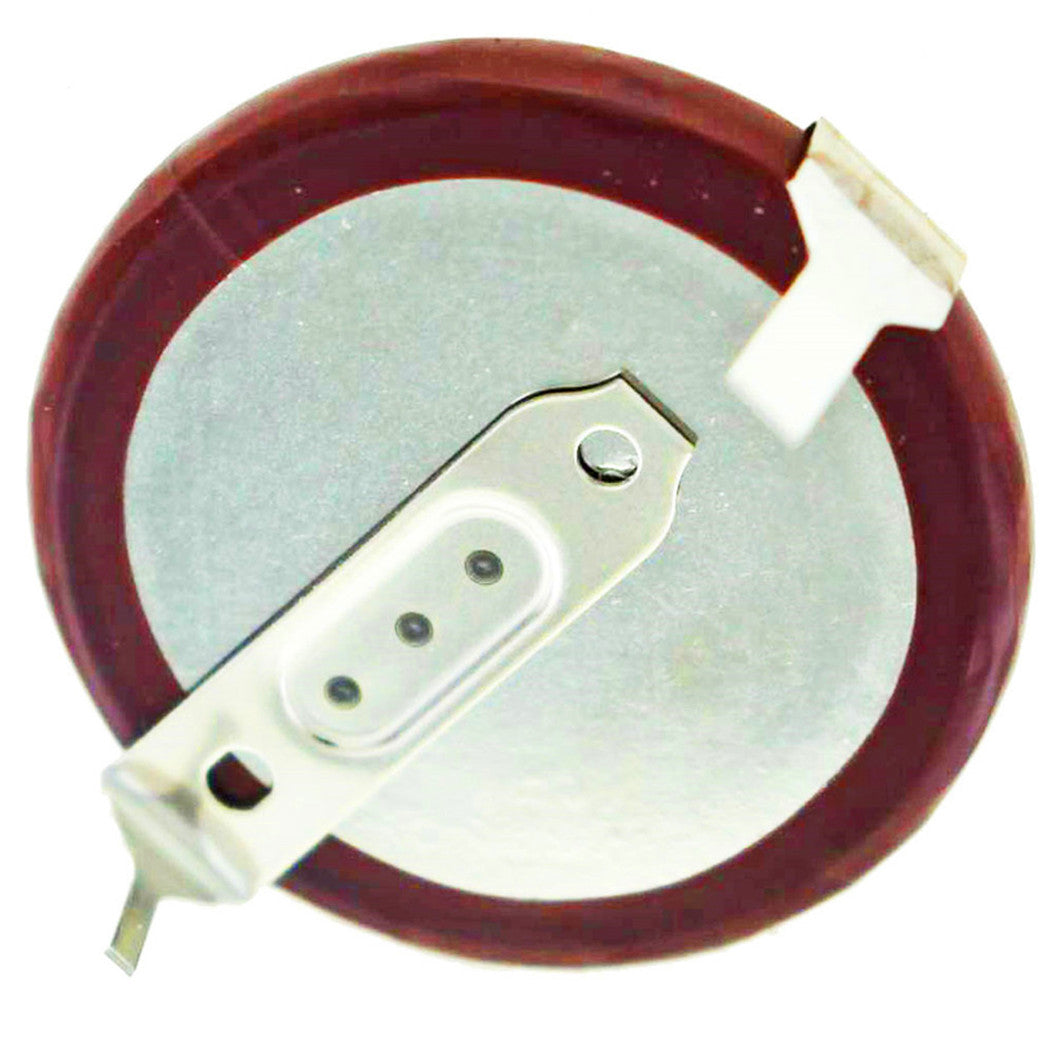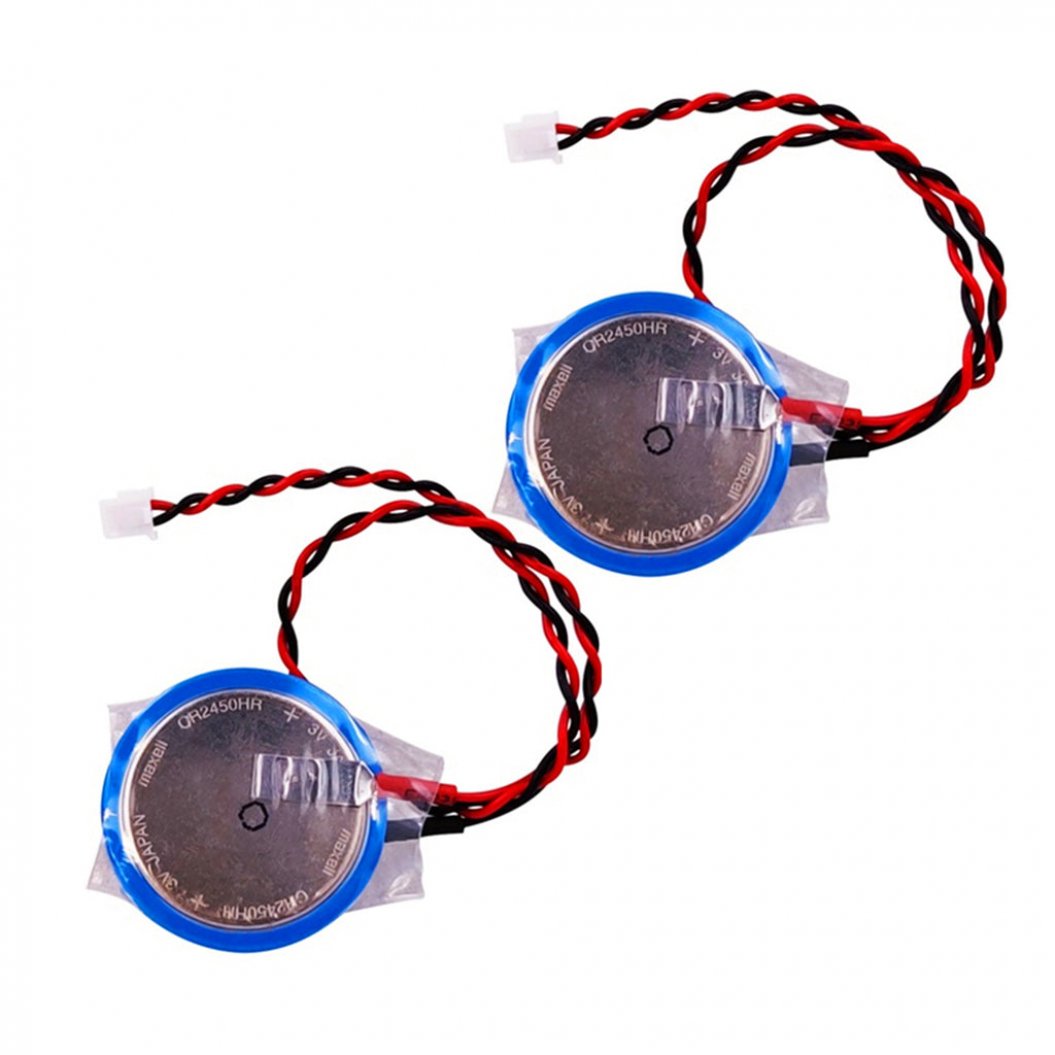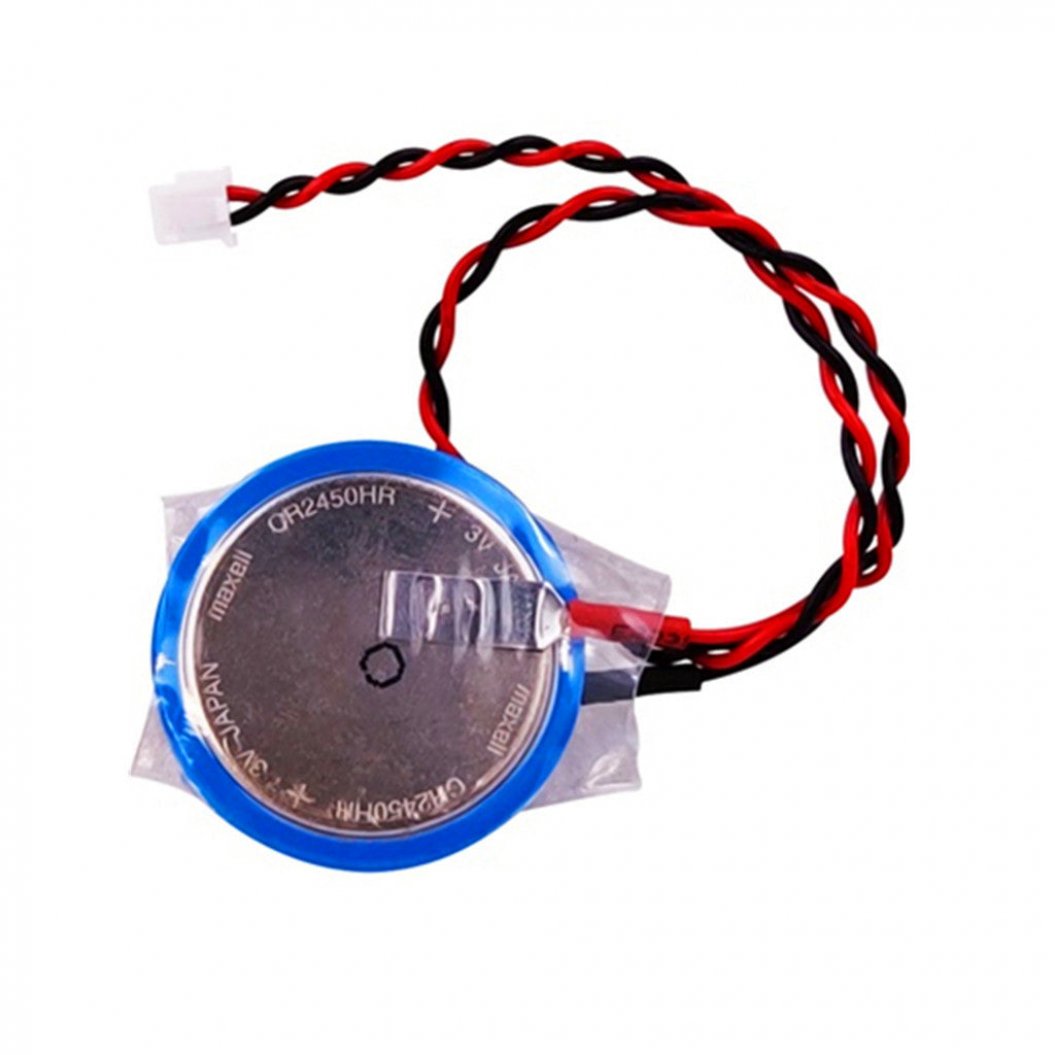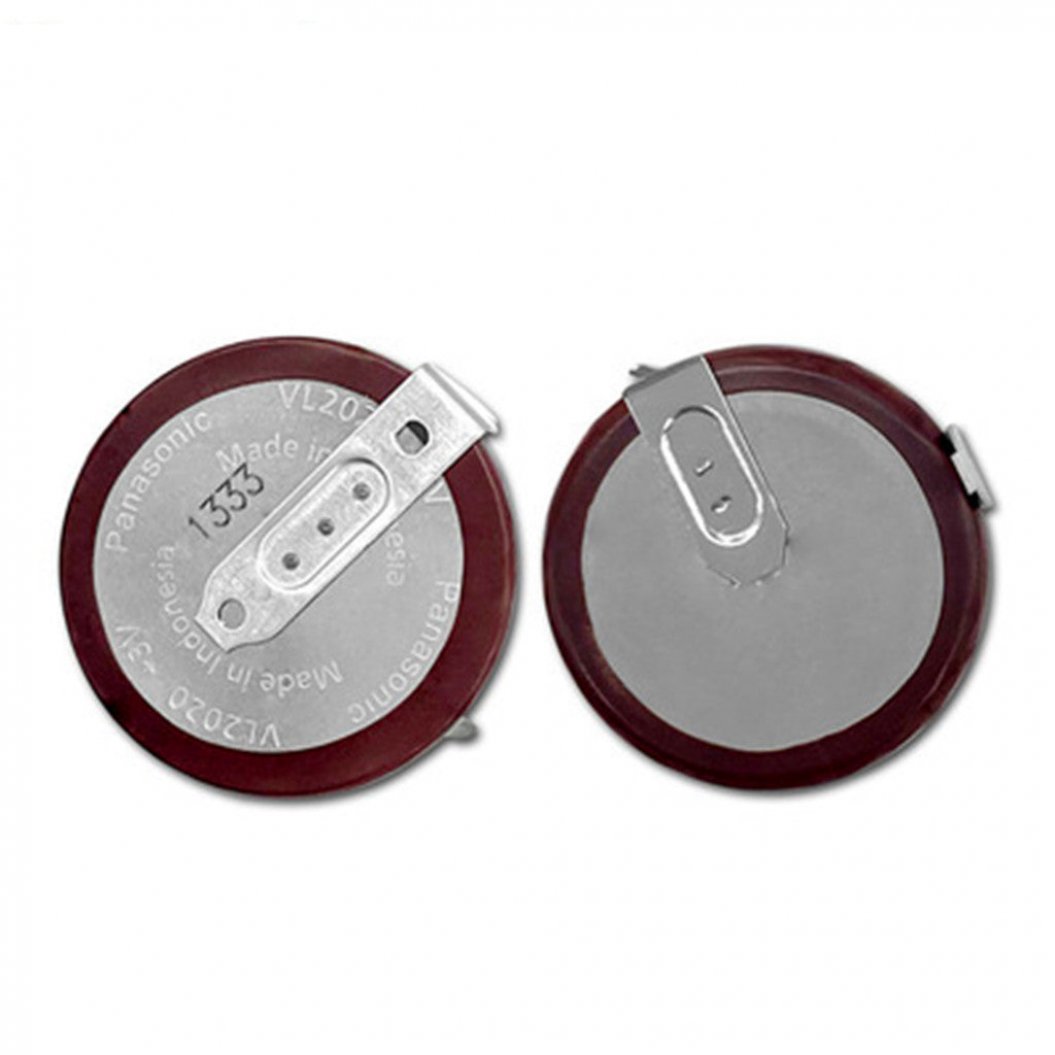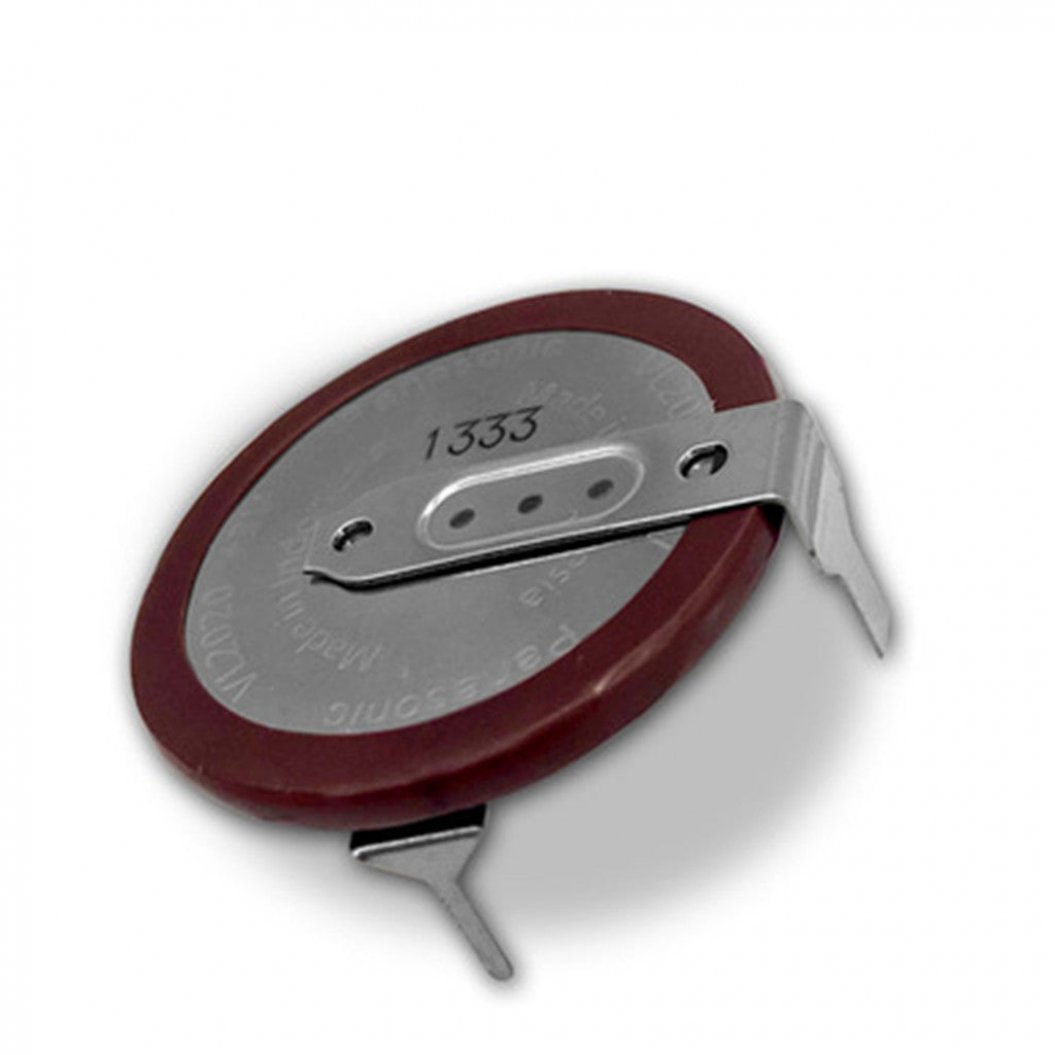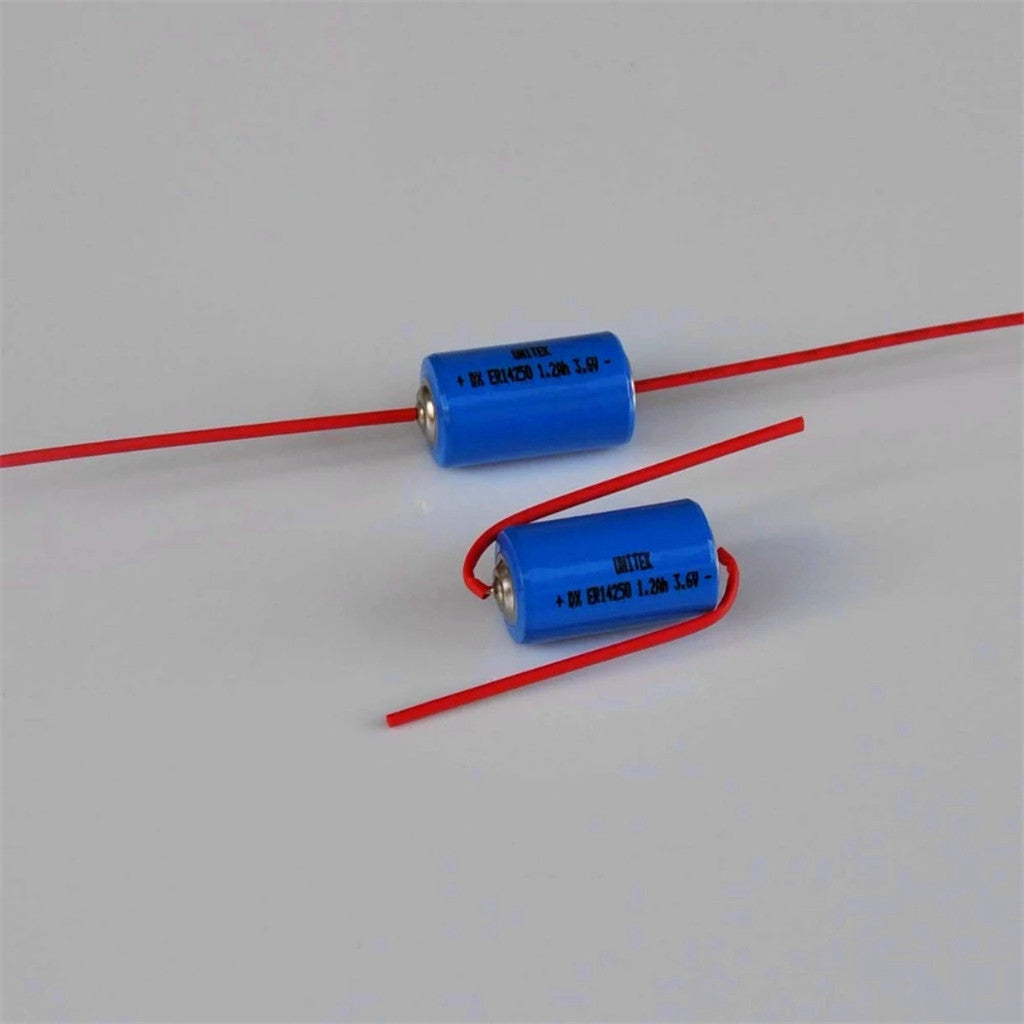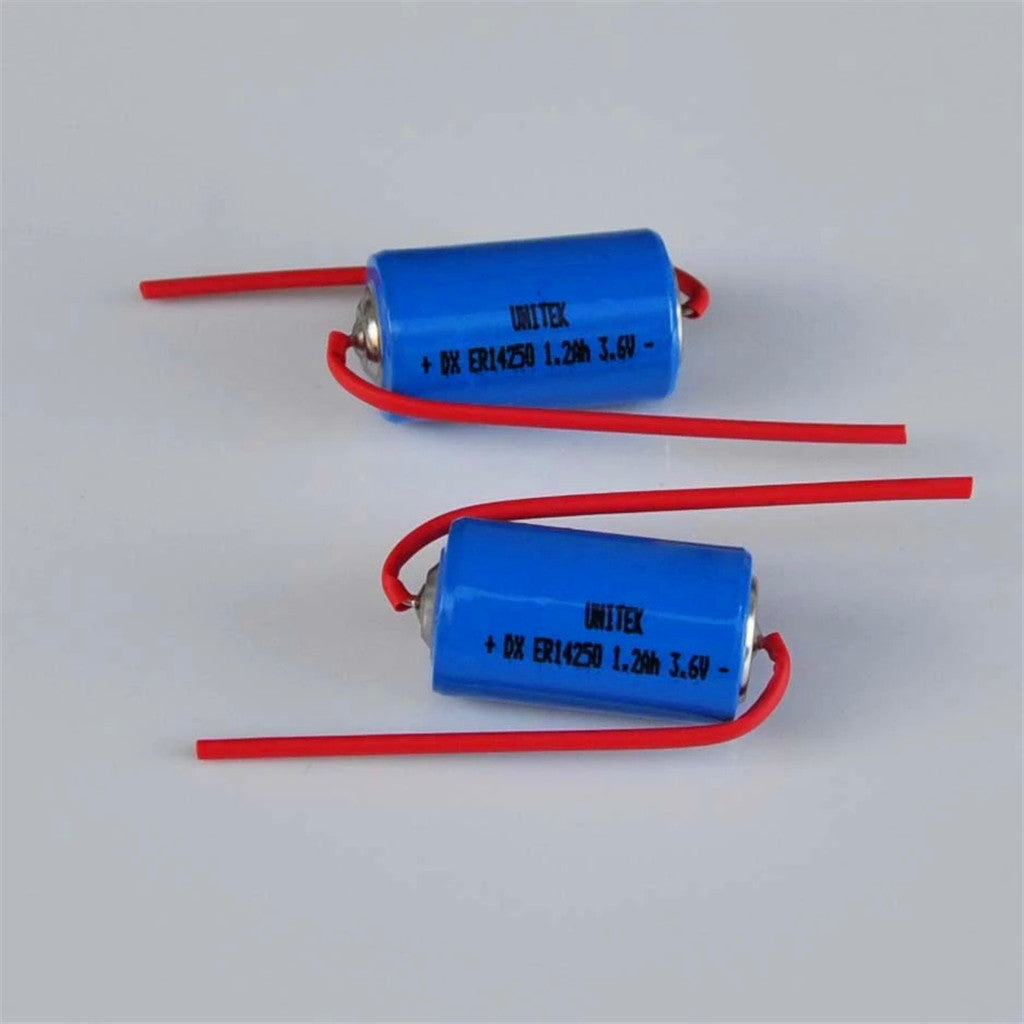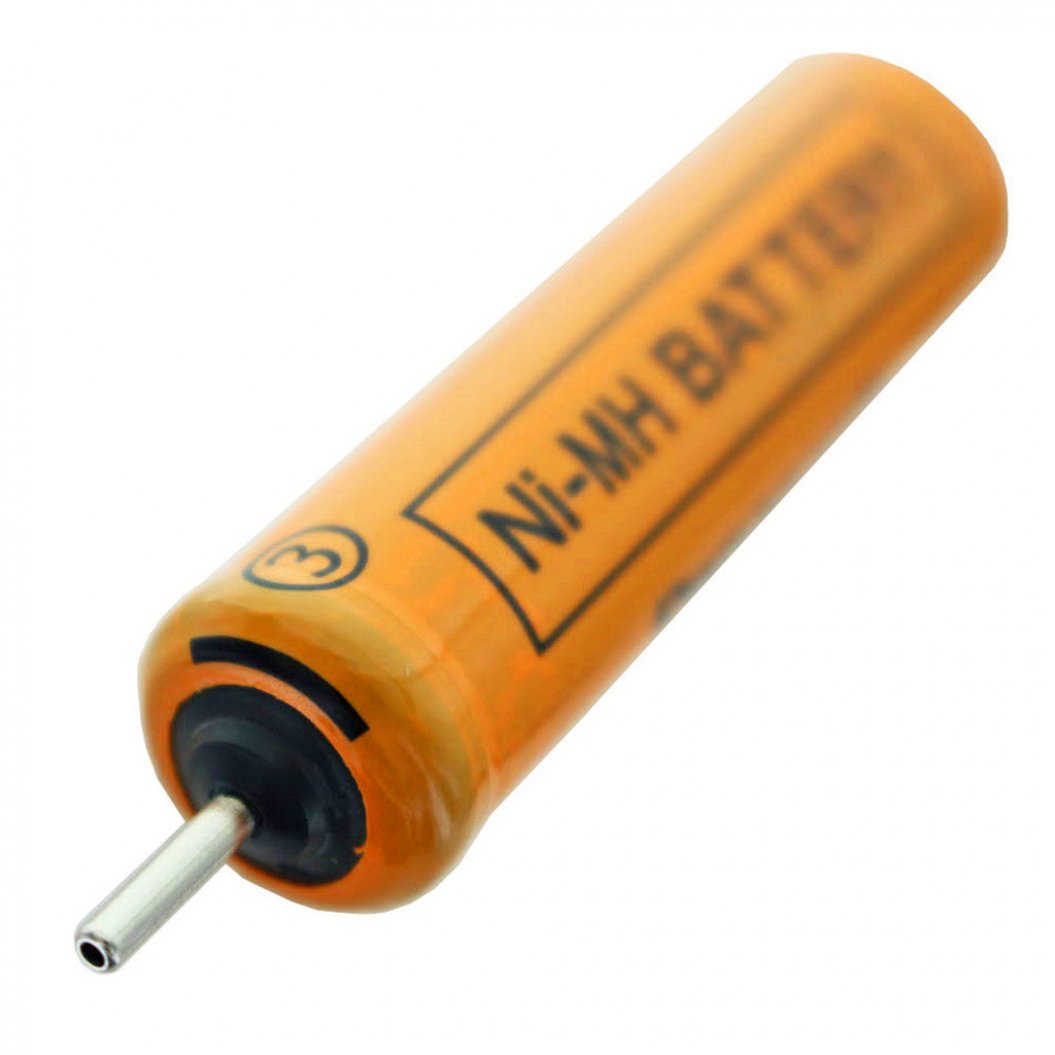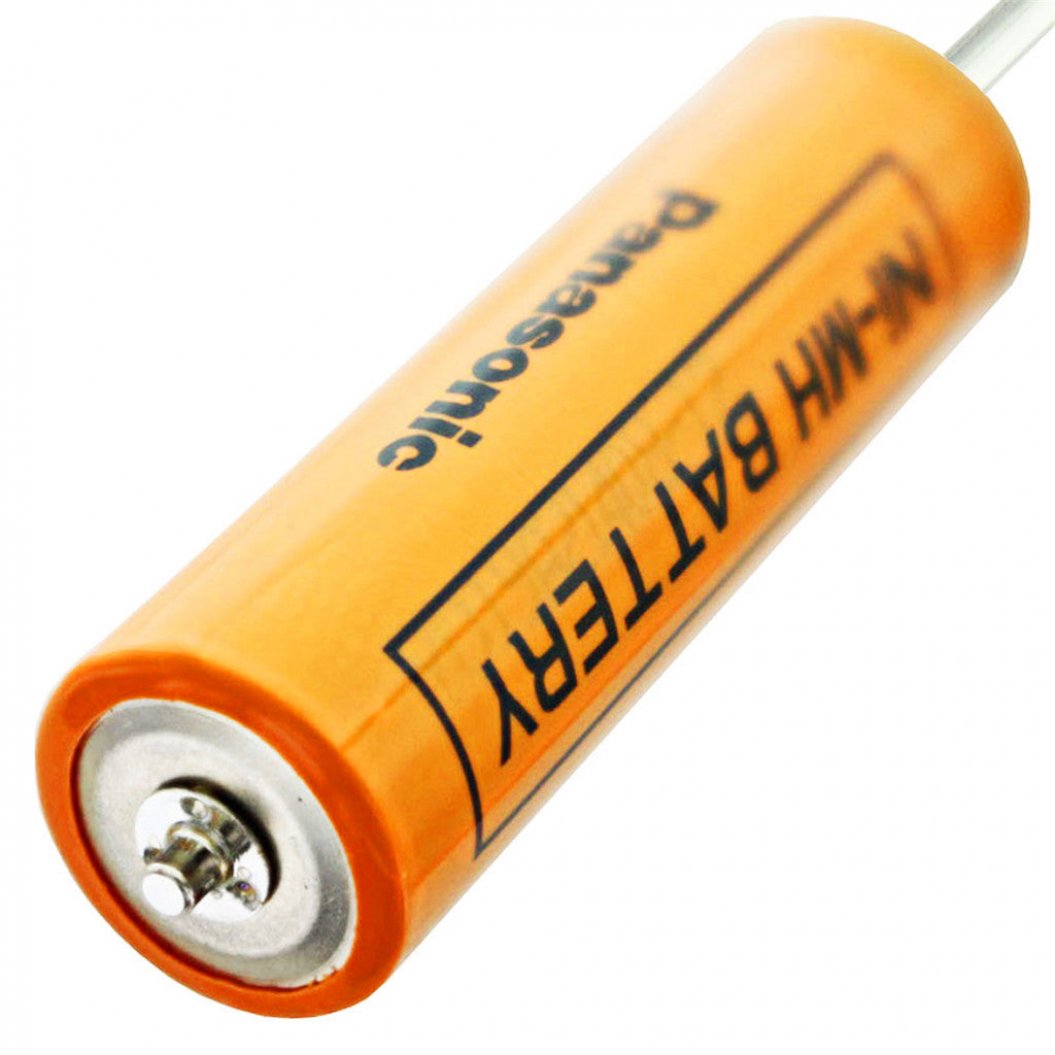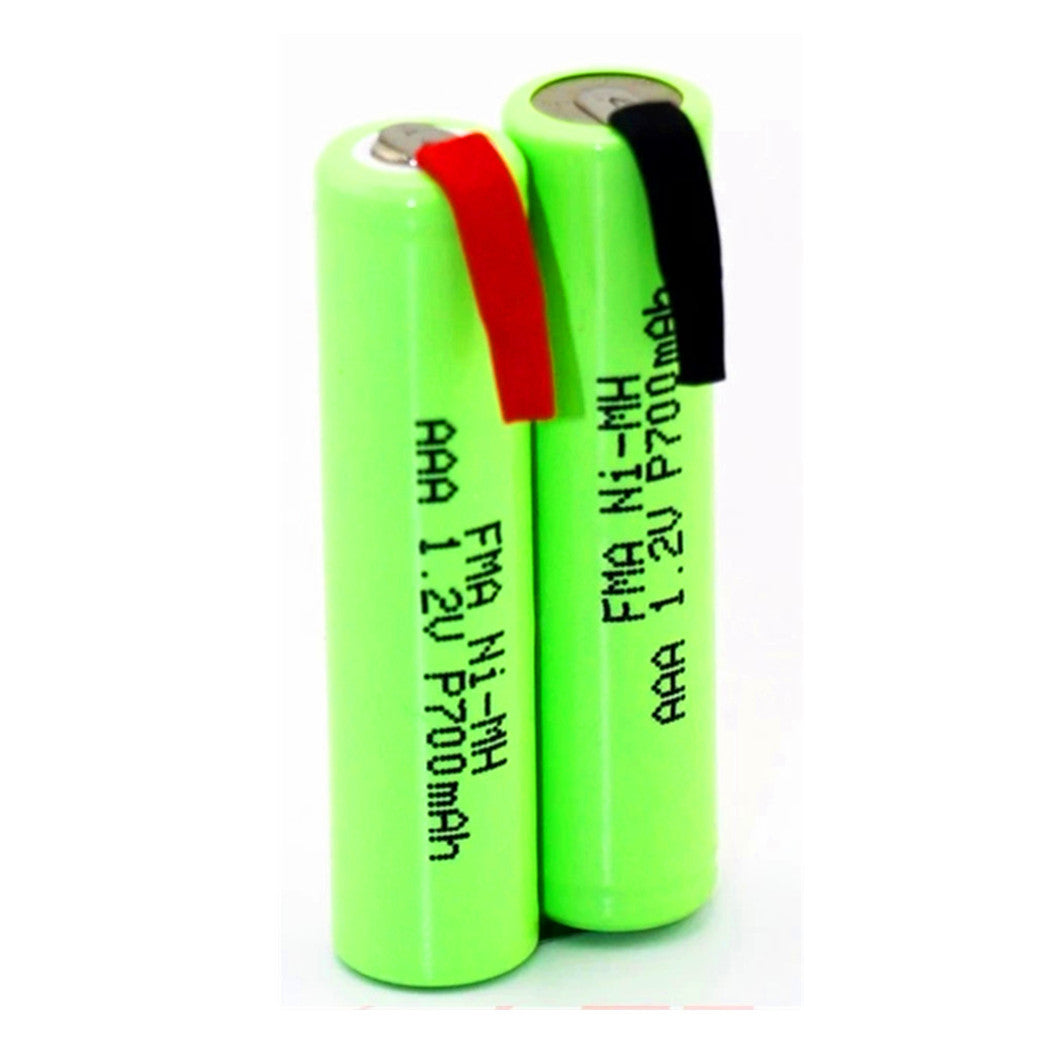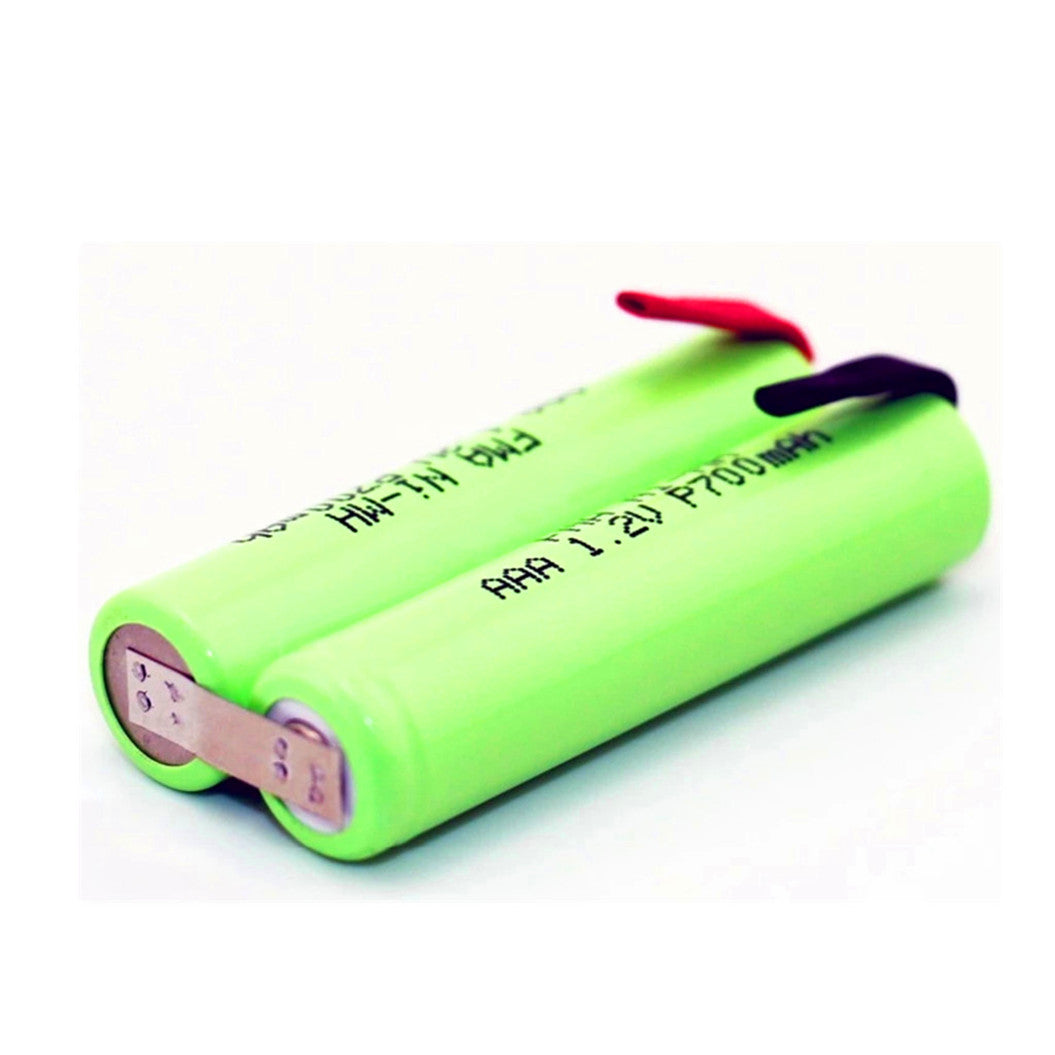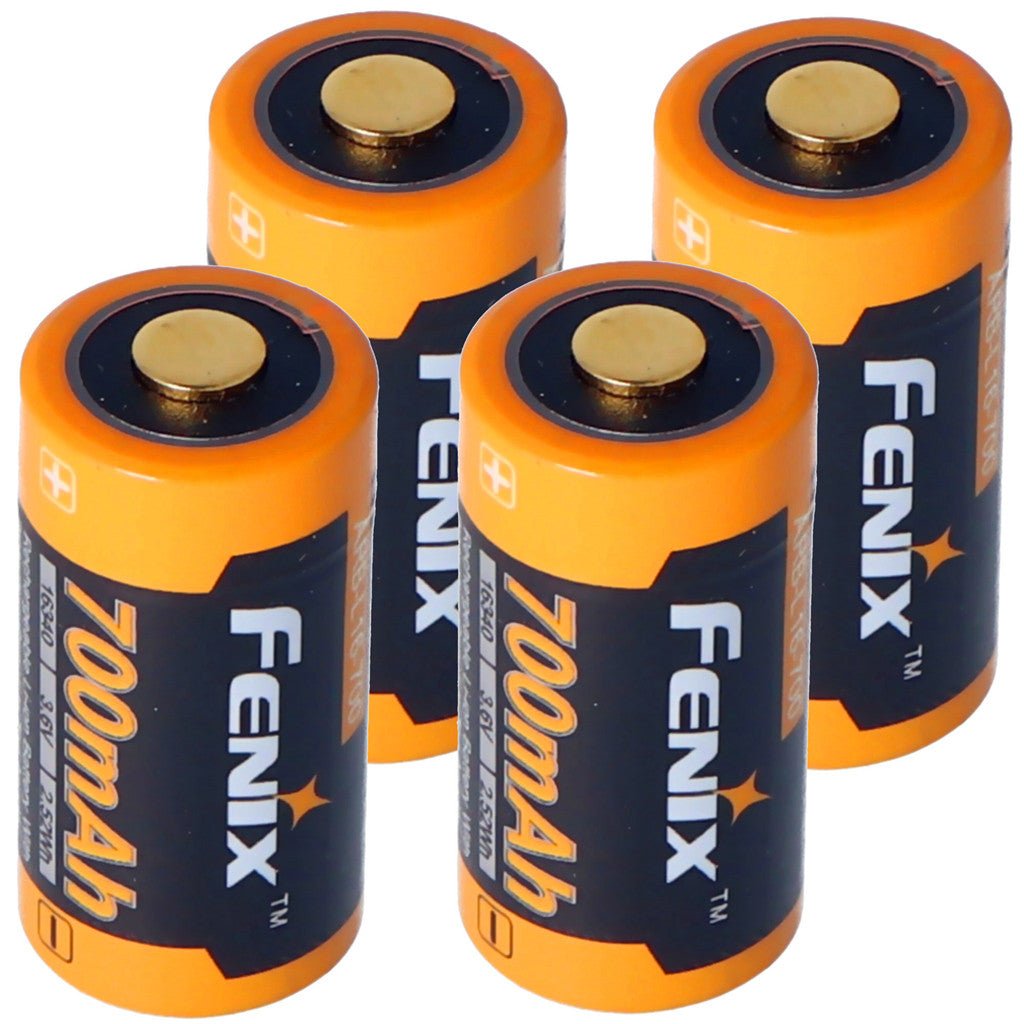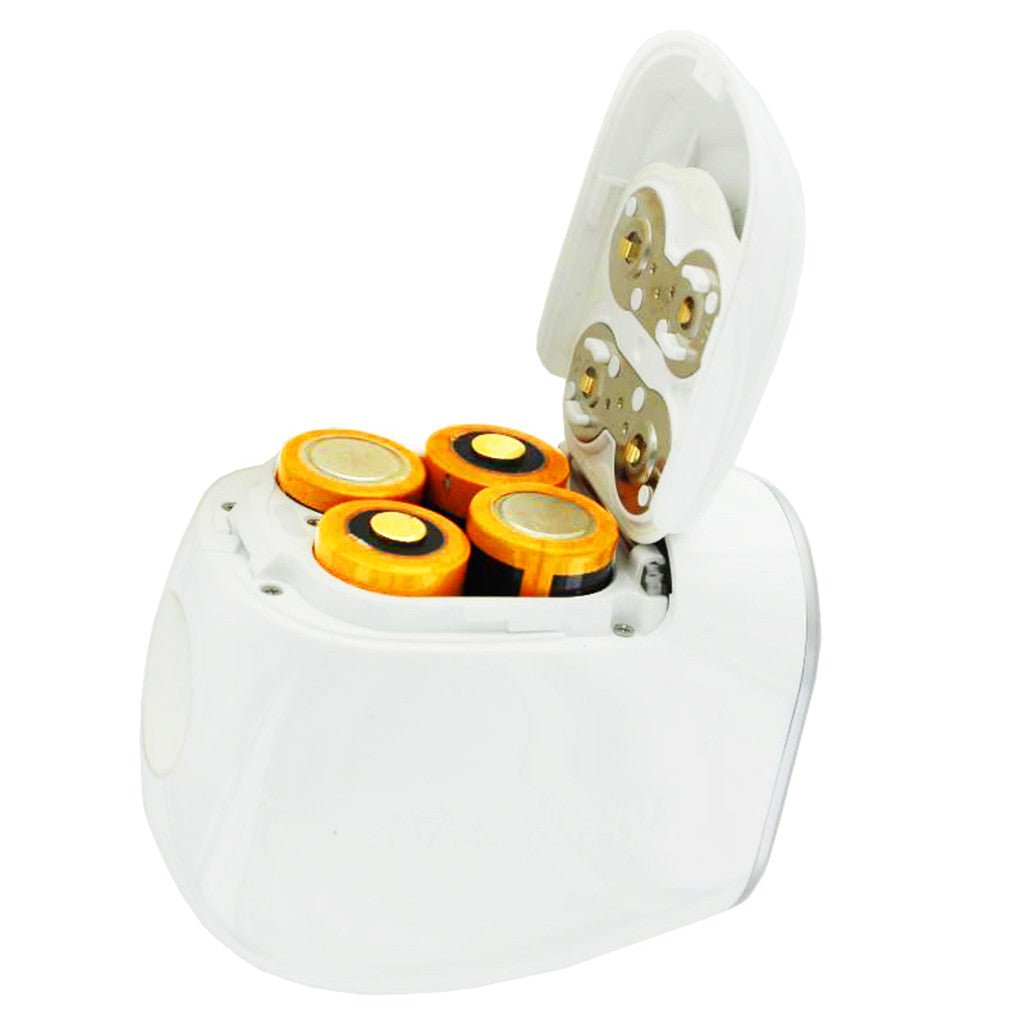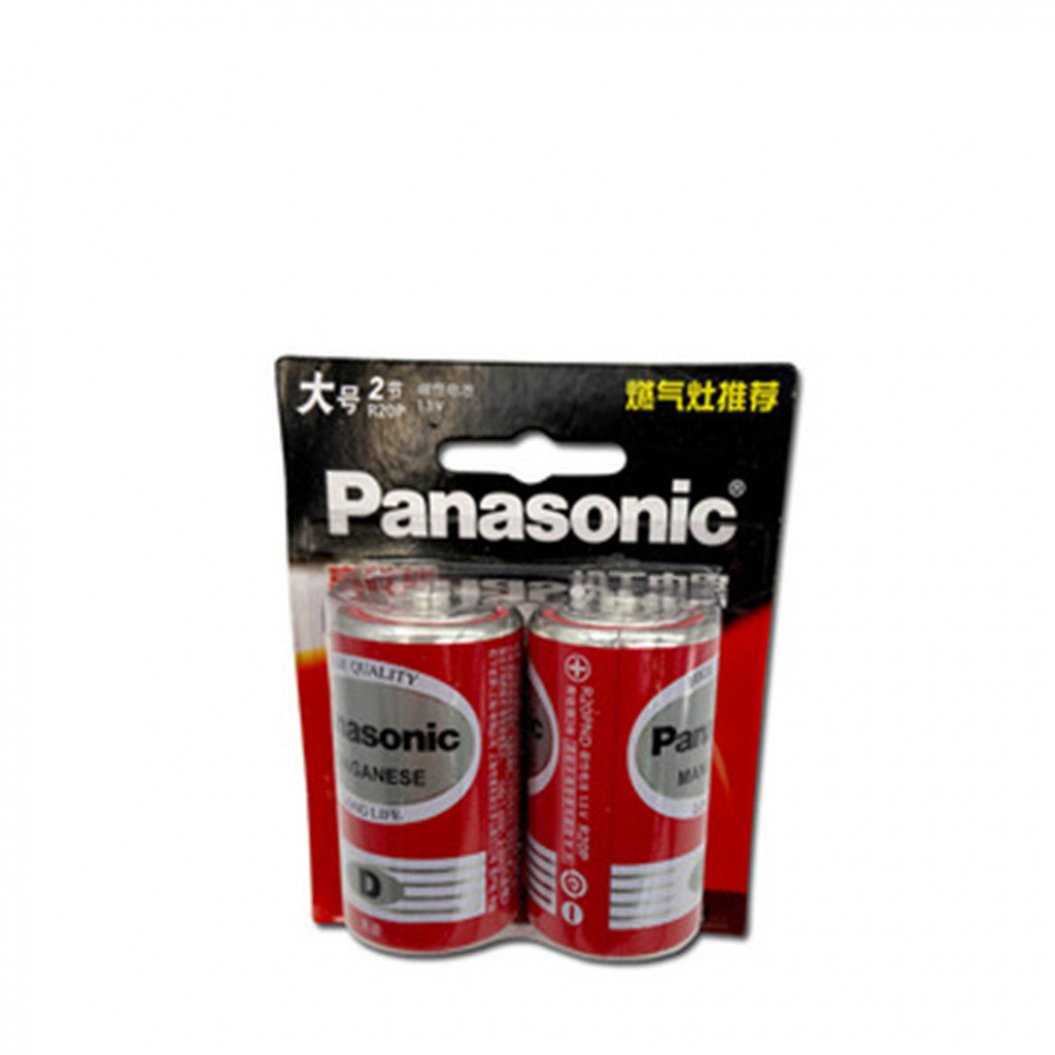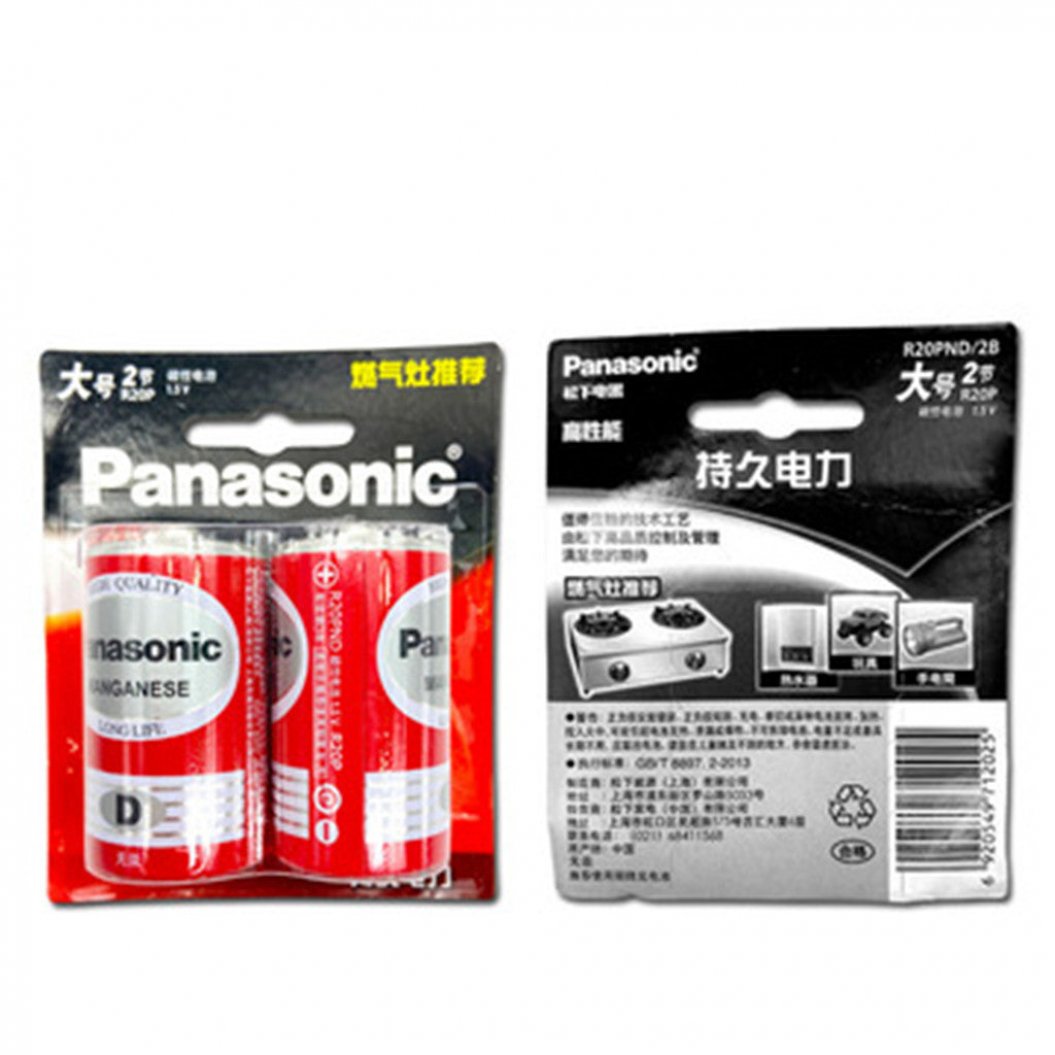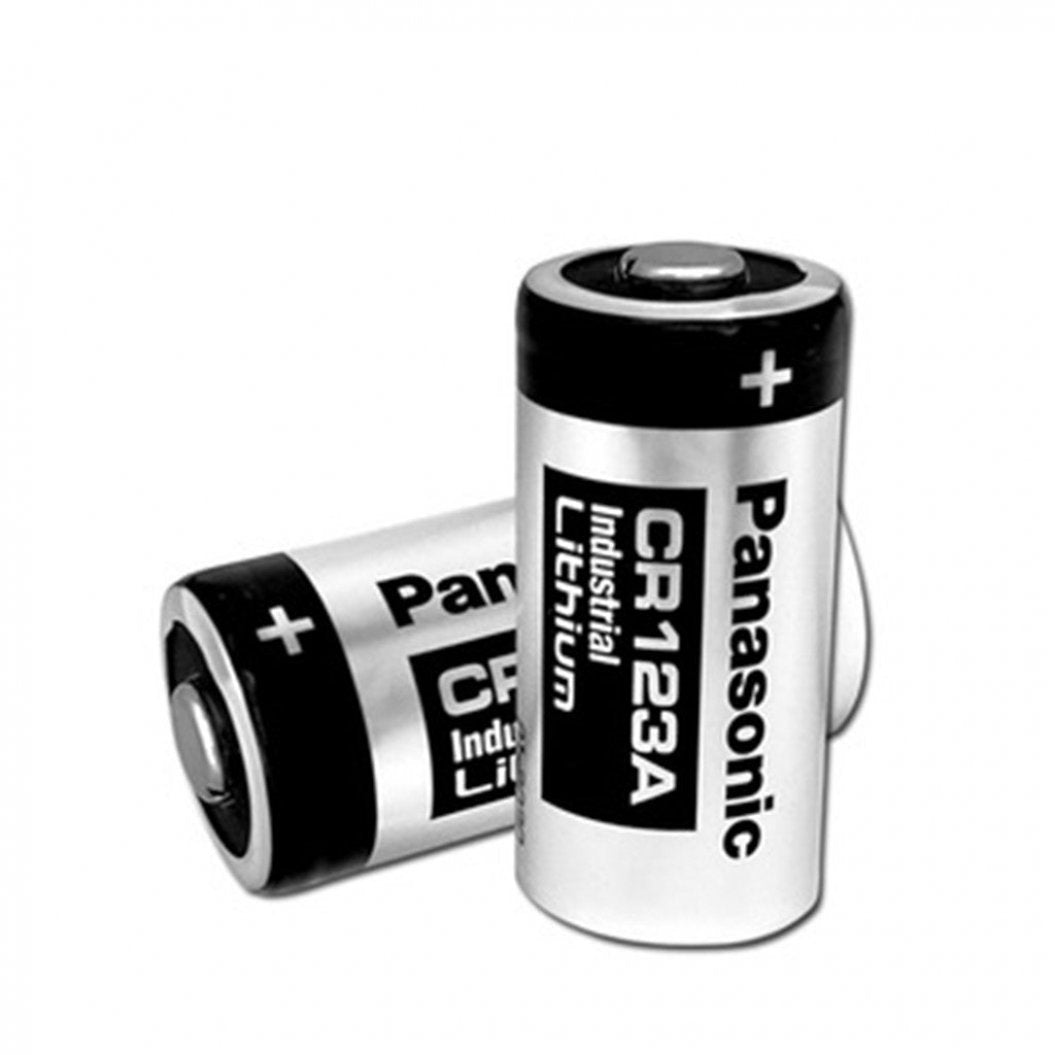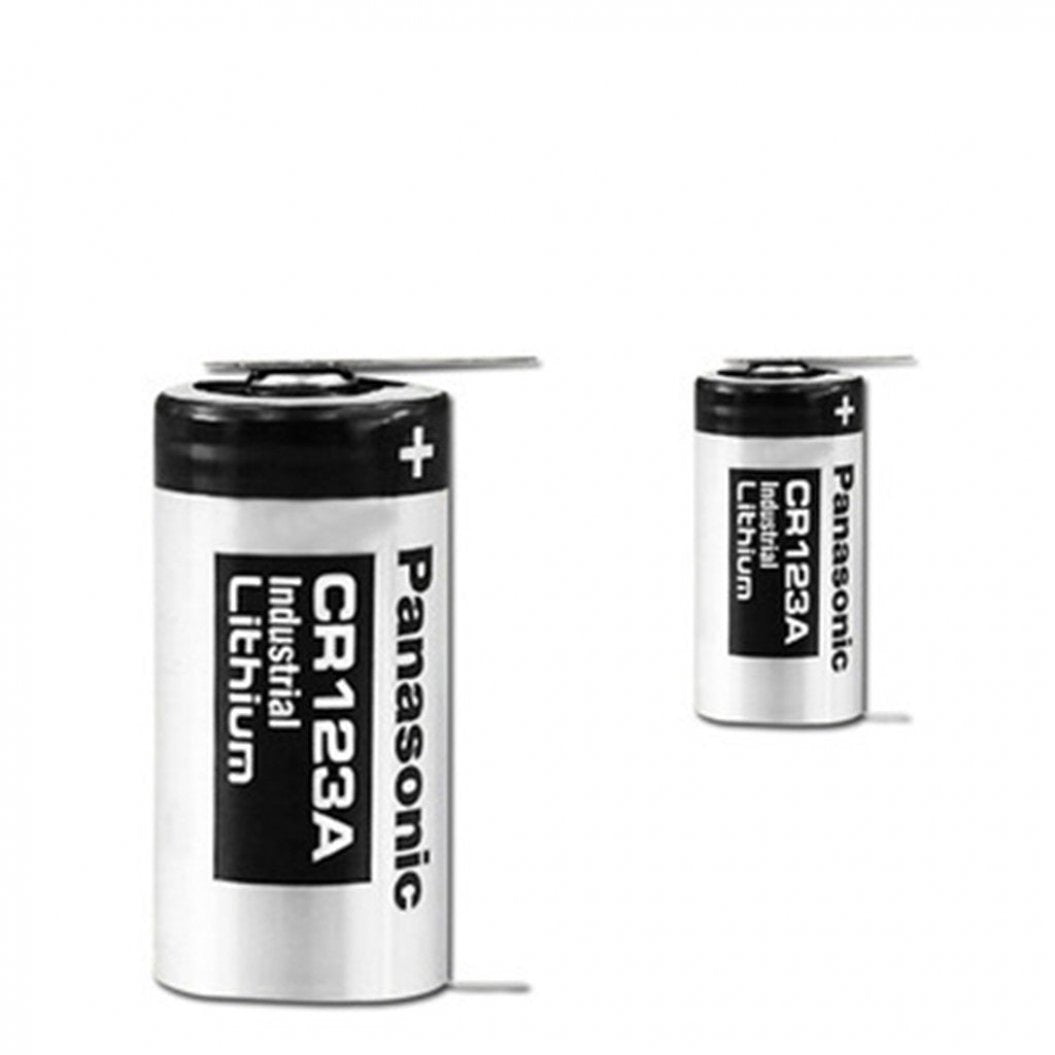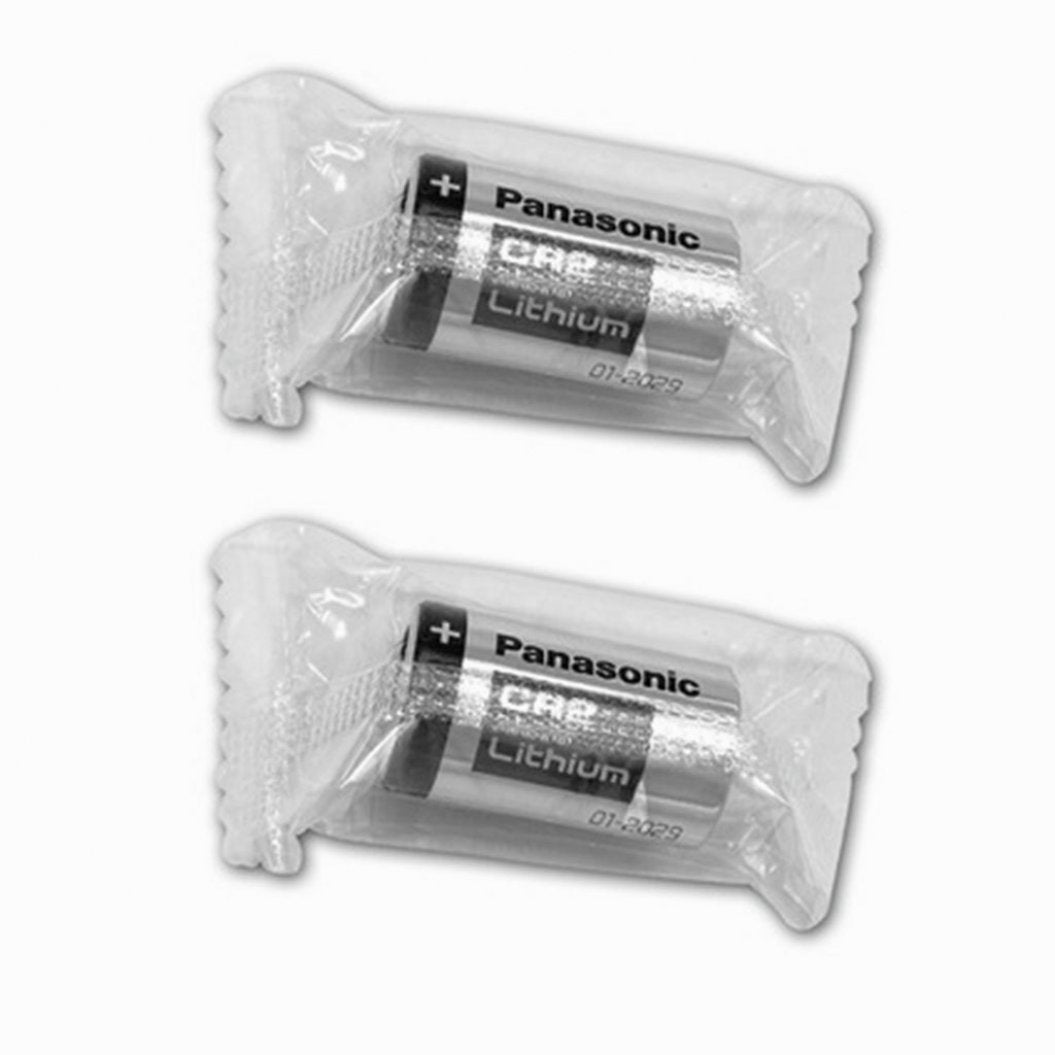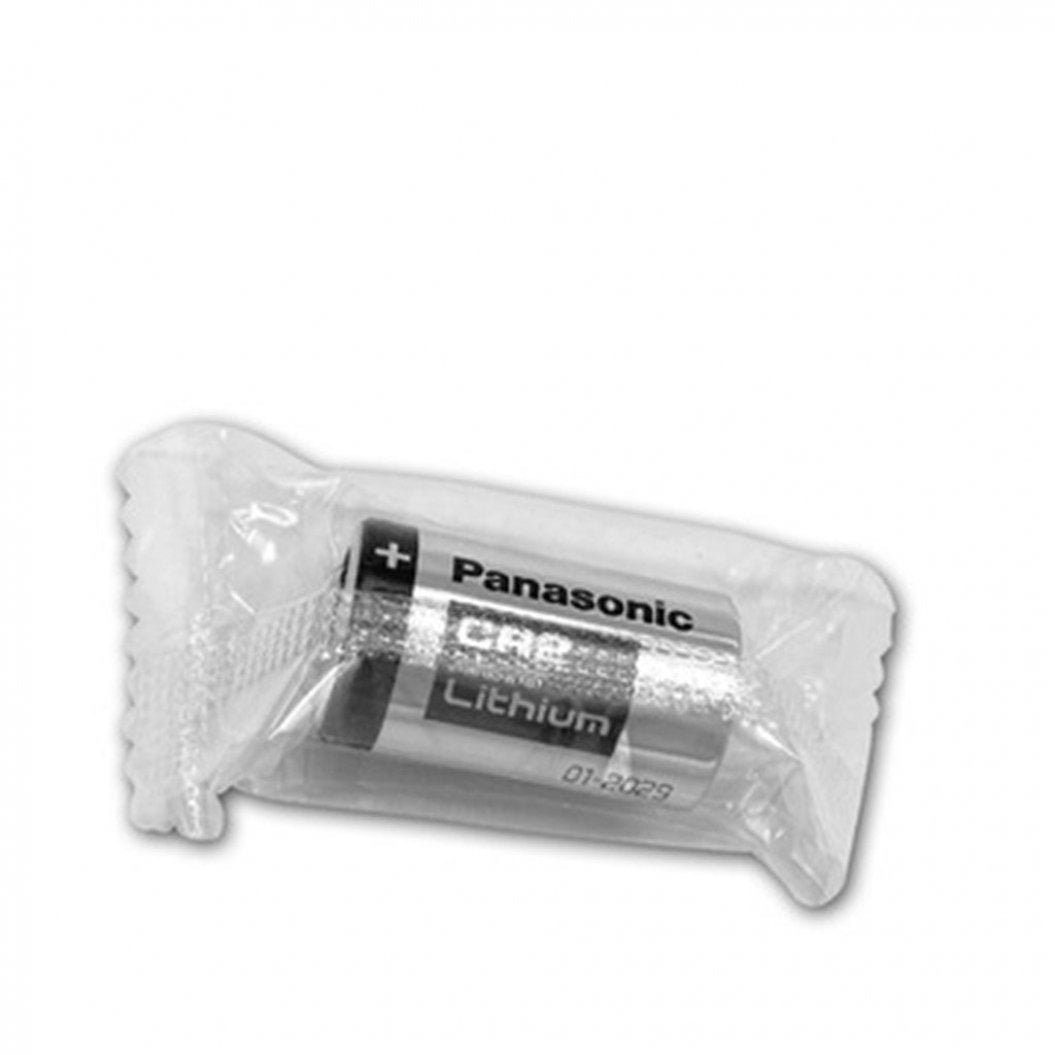-
Verkoper:BATTERYINT
Originele Geïmporteerde Maxell ER6C AA 3.6V F2-40BL Mitsubishi FX2N 1N PLC Programmeur Batterij
- Normale prijs
- $10.99
- Normale prijs
-
- Aanbiedingsprijs
- $10.99
- Eenheidsprijs
- per
Originele Geïmporteerde Max... -
Verkoper:BATTERYINT
3.0V 20mAh VL2020-1HF Knopcel Vanadium Lithiumbatterij, Oplaadbaar
- Normale prijs
- $5.99
- Normale prijs
-
- Aanbiedingsprijs
- $5.99
- Eenheidsprijs
- per
3.0V 20mAh VL2020-1HF Knopc... -
Verkoper:BATTERYINT
2 stuks 3V Batterij Maxell CR2450HR FX3U-32BL Touch Screen GT11-50BAT Mitsubishi FX3U/5U
- Normale prijs
- $7.99
- Normale prijs
-
- Aanbiedingsprijs
- $7.99
- Eenheidsprijs
- per
2 stuks 3V Batterij Maxell ... -
Verkoper:BATTERYINT
2 stuks batterij VL2020 / HFN 3V batterij 90° pin geïmporteerd origineel authentiek
- Normale prijs
- $13.99
- Normale prijs
-
- Aanbiedingsprijs
- $13.99
- Eenheidsprijs
- per
2 stuks batterij VL2020 / H... -
Verkoper:BATTERYINT
16 stuks ER14250 1/2 AA 3.6V 1200mAh LiSOCL2 Lithiumbatterij voor Gas-, Water- en Lasmeters
- Normale prijs
- $38.19
- Normale prijs
-
- Aanbiedingsprijs
- $38.19
- Eenheidsprijs
- per
16 stuks ER14250 1/2 AA 3.6... -
Verkoper:BATTERYINT
1,2V 1100mAh Ni-MH batterij Panasonic WES7038L2506 2508, ES7101, ES7102, ES7109, ES7036, ES7038
- Normale prijs
- $18.99
- Normale prijs
-
- Aanbiedingsprijs
- $18.99
- Eenheidsprijs
- per
1.2V 1100mAh Ni-MH Batteri... -
Verkoper:BATTERYINT
2,4V 700mAh Ni-MH batterij voor YS534 / 17 Water Pik WP-900 Remington Baardtrimmer Scheerapparaat 10x20x44mm
- Normale prijs
- $10.89
- Normale prijs
-
- Aanbiedingsprijs
- $10.89
- Eenheidsprijs
- per
2,4V 700mAh Ni-MH batterij ... -
Verkoper:BATTERYINT
4PCS 3.7V 700mAh Lithium Arlo Oplaadbare Batterij met AccuCell Doos
- Normale prijs
- $42.99
- Normale prijs
-
- Aanbiedingsprijs
- $42.99
- Eenheidsprijs
- per
4PCS 3.7V 700mAh Lithium Ar... -
Verkoper:BATTERYINT
8 Stuks 1.5V R20PND Carbon Hoge Capaciteit Grote D-Batterijen voor Kleine Apparaten
- Normale prijs
- $11.99
- Normale prijs
-
- Aanbiedingsprijs
- $11.99
- Eenheidsprijs
- per
8 Stuks 1.5V R20PND Carbon ... -
Verkoper:BATTERYINT
2 Stuks 3V Lithium Batterij CR123A Soldeervoet Batterij voor Kleine Apparaten
- Normale prijs
- $8.99
- Normale prijs
-
- Aanbiedingsprijs
- $8.99
- Eenheidsprijs
- per
2 Stuks 3V Lithium Batterij... -
Verkoper:BATTERYINT
2 stuks 3V 850mAh Cilindrische Batterij CR2 voor CR15H270 Bereikmeter, Polaroid
- Normale prijs
- $8.99
- Normale prijs
-
- Aanbiedingsprijs
- $8.99
- Eenheidsprijs
- per
2 stuks 3V 850mAh Cilindris... -
Verkoper:BATTERYINT
4 stuks 3V 1550mAh cilinderbatterij CR123A snoepverpakking voor CR17345 camera, instrument, meter
- Normale prijs
- $11.99
- Normale prijs
-
- Aanbiedingsprijs
- $11.99
- Eenheidsprijs
- per
4 stuks 3V 1550mAh cilinder...
Showing 25 -36 of 79 items
1. What Is an Industrial Battery?
An industrial battery is a power storage device used in large equipment and industrial applications. These batteries are designed to provide long-lasting energy to support heavy machinery, emergency power systems, and other high-demand equipment.
Unlike common consumer batteries, industrial batteries offer greater capacity and longer life. They typically use lead-acid, nickel-cadmium, or lithium-ion technology to accommodate different environmental and operational requirements.
Unlike common consumer batteries, industrial batteries offer greater capacity and longer life. They typically use lead-acid, nickel-cadmium, or lithium-ion technology to accommodate different environmental and operational requirements.
2. Is There a Difference Between Industrial Batteries and Regular Batteries?
There are several key differences between industrial and conventional batteries. Firstly, industrial batteries, such as industrial lithium batteries, typically have a larger size and capacity. Second, they are more durable and reliable than conventional batteries, and able to withstand extreme environments and frequent charge/discharge cycles.
Additionally, industrial batteries are designed and materials selected to meet the stringent requirements of specific industrial applications, whereas conventional batteries are more commonly used in everyday consumer electronics.
Additionally, industrial batteries are designed and materials selected to meet the stringent requirements of specific industrial applications, whereas conventional batteries are more commonly used in everyday consumer electronics.
3. Do Industrial Batteries Last Longer?
Yes, industrial batteries, including industrial AA batteries, typically last longer than conventional batteries. This is because industrial batteries use more durable materials designed to handle continuous operation and heavy loads.
As a result, industrial batteries tend to be superior in terms of durability and affordability over the long term, despite their higher initial cost.
As a result, industrial batteries tend to be superior in terms of durability and affordability over the long term, despite their higher initial cost.
4. How Many Times Can an Industrial Battery Be Recharged?
The number of charge/discharge cycles for industrial batteries depends largely on the battery type.
For example, industrial lithium batteries can perform about 500 to 1,500 charge/discharge cycles, while nickel-cadmium batteries can usually withstand about 500 to 1,000 cycles.
Lithium-iron-phosphorus (LiFePO4) batteries perform even better in terms of charge/discharge performance, reaching 2,000 to 5,000 cycles.
For example, industrial lithium batteries can perform about 500 to 1,500 charge/discharge cycles, while nickel-cadmium batteries can usually withstand about 500 to 1,000 cycles.
Lithium-iron-phosphorus (LiFePO4) batteries perform even better in terms of charge/discharge performance, reaching 2,000 to 5,000 cycles.
5. How Do You Charge an Industrial Battery?
To properly charge an industrial battery, you can follow these steps:
- Ensure that the charger used is matched to the type of industrial battery. Keep the voltage and current settings of the charger meet the specifications of the industrial battery packs.
- Adhere to the manufacturer's instructions during the charging process. Avoid risks such as overcharging which can damage the industrial batteries.
- Regularly check the condition of both the battery and the charger. This ensures that the charging process is efficient and safe.
- Ensure that the charger used is matched to the type of industrial battery. Keep the voltage and current settings of the charger meet the specifications of the industrial battery packs.
- Adhere to the manufacturer's instructions during the charging process. Avoid risks such as overcharging which can damage the industrial batteries.
- Regularly check the condition of both the battery and the charger. This ensures that the charging process is efficient and safe.
6. How Do You Store Industrial Battery?
If you are not using industrial batteries, you can store them in these ways:
- Industrial batteries should be stored in a dry, well-ventilated environment. They must be protected from temperature extremes and direct sunlight to prevent damage.
- Charge industrial battery packs to the recommended state before storage, typically maintaining a 50 to 80 percent charge level. This helps prevent over-discharge and prolongs the battery life.
- It is crucial to regularly check the battery’s charge level and overall health. This ensures the battery will continue to perform well when put back into service.
- Industrial batteries should be stored in a dry, well-ventilated environment. They must be protected from temperature extremes and direct sunlight to prevent damage.
- Charge industrial battery packs to the recommended state before storage, typically maintaining a 50 to 80 percent charge level. This helps prevent over-discharge and prolongs the battery life.
- It is crucial to regularly check the battery’s charge level and overall health. This ensures the battery will continue to perform well when put back into service.
7. Can Industrial Batteries Be Customised?
Yes, industrial batteries, including industrial aa batteries, can be customized to meet specific needs. We typically offer a variety of configuration options, including battery size, shape, voltage, capacity, and connection methods to suit different industrial applications and equipment needs.
Additionally, customers can choose a specific battery technology, such as lead-acid, nickel-cadmium, or lithium-ion, to meet specific size, performance, and durability requirements.
Additionally, customers can choose a specific battery technology, such as lead-acid, nickel-cadmium, or lithium-ion, to meet specific size, performance, and durability requirements.


